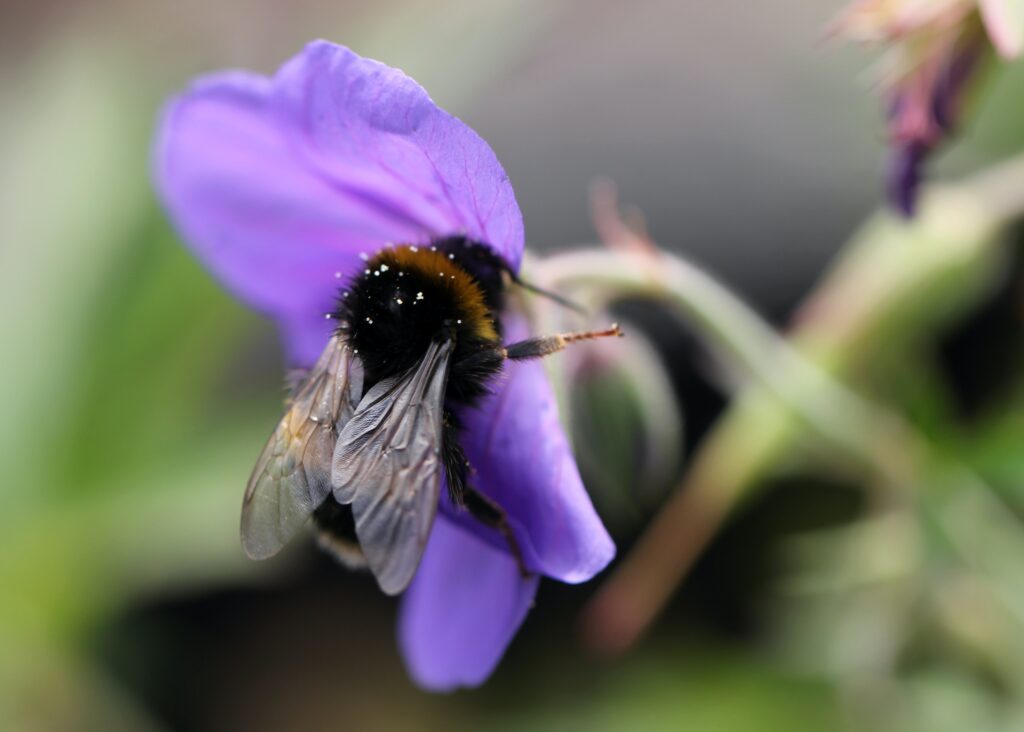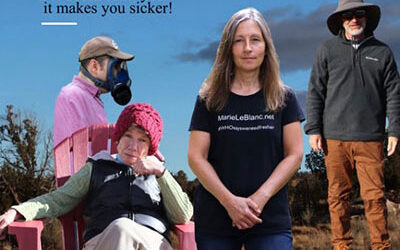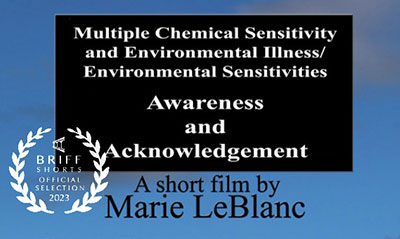These results underscore that, when combined with stress, exposure to even low doses of PB, DEET, and permethrin, that produce minimal effects by themselves, leads to significant brain injury.”
– Mohamed Abou-Donia, Duke University Medical School, in a study exploring links between pesticides and Gulf War syndrome
1. Lindane
When someone found white dwarfs behind my ears
I was deloused with mustard gas
I had a daily headache that was like a single eye
I sat in tiny desks near Cyclops clocks of audible, exoskeletal time
The teacher gave me some circuitous salvo about seven year old psychosomatics
And how she would towel the foul mouth of it all
She removed the thermometer that tasted like a wino’s kiss
And stole my only prophet from the land of lilt
Red gelatin screens teased my eyelids
At night, cotton pickers bloodied up the cumulus
But nobody saw us
I lay awake inside a lantern, buzzing at the headlights
“Get your head off of your desk,” my teacher said.
“I will not be disrupted by a pest.”

2. N, N-diethyl m-toluamide (DEET)
The world birds along, undeniably unstill
My body has become an acronym of a body,
Unscrambled little never
Nerve death in the hippocampus
My lost life —
Petite mosquito of it all —
Slap slap. What a glamorous
Canopy.
3. Carbamate Insecticides
File me under: I.O.U. to dust
My brain moved to a nomadic track house
An anti-nerve gas pill will let a meteor shower cross the blood brain barrier
Just when you think you have figured out the moat between your selves
And later: laryngitis of the pen
Absurd injurious toiletries
I remember how a fireman told me to place the sign in my window. It said “Ici,”
French for here. I speak French to my window while I burn.
How many “what ifs” haunt the hunted nerves
How many whittled riddles become verbs while fool hens grouse along
The fields have come to grow so silently, without their growing pains
Like avenues of still legs, and yet
If one cicada nymph complained, it would be war.
Originally published in the Spoon River Poetry Review









0 Comments